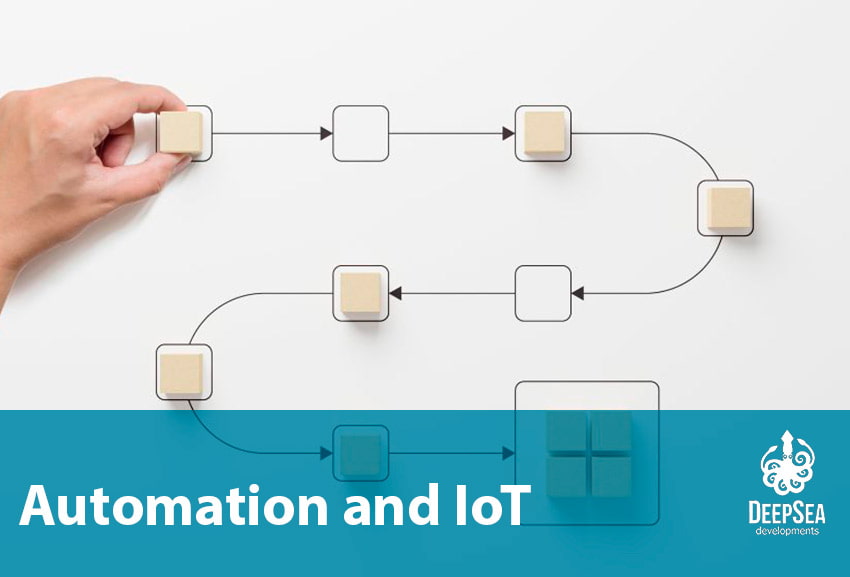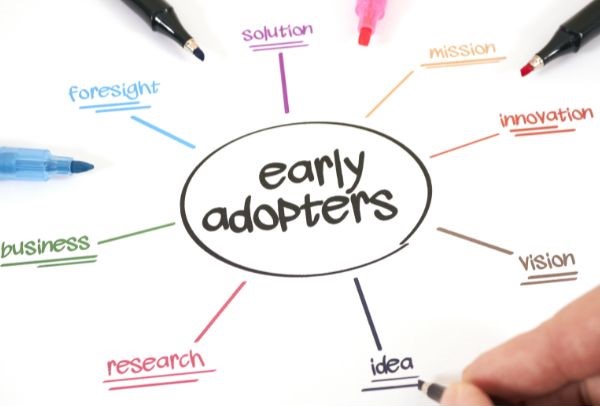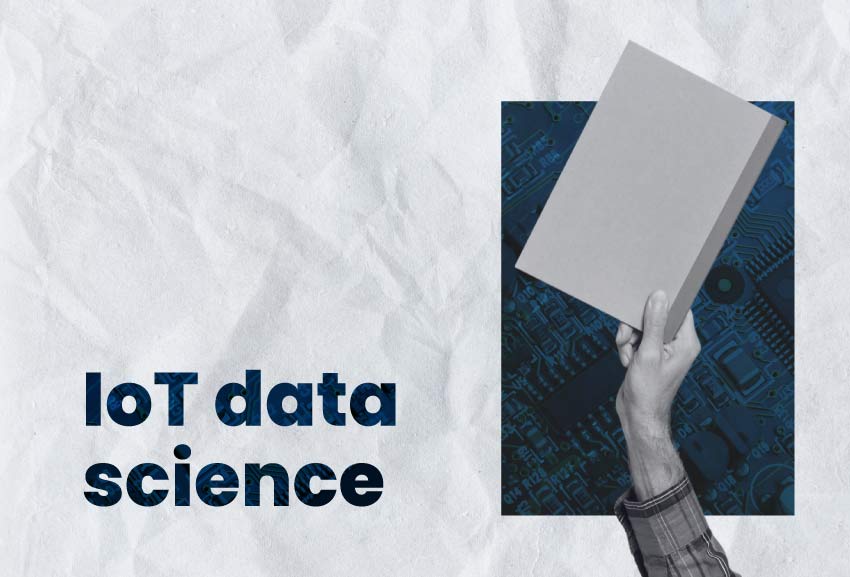The convergence of automation and IoT has emerged as a dynamic force shaping both industrial processes and the way we experience smart homes. This article explores the concepts of automation in IoT (why is IoT important), its significance in industrial settings, and the impact it has on reshaping the modern smart home.
Understanding automation in IoT
At its core, IoT in automation refers to the integration of intelligent devices and systems to streamline processes, reduce human intervention, and enhance overall efficiency. In the realm of the Internet of Things, devices communicate and collaborate seamlessly (usually through IoT monitoring dashboards), creating a web of interconnectedness that enables automation to reach new heights.
IoT industrial automation
Thanks to IoT automation, companies are able to operate faster and with better efficiency than years before. With IoT sensors, actuators, and smart devices interconnected through IoT, industries gain unprecedented control and insights into their operations. Real-time data collection, analysis, and decision-making become the cornerstones of this smart industrial revolution.
Let’s see in detail the great changes that are taking place in the industrial market.
The impact of IoT on industrial automation
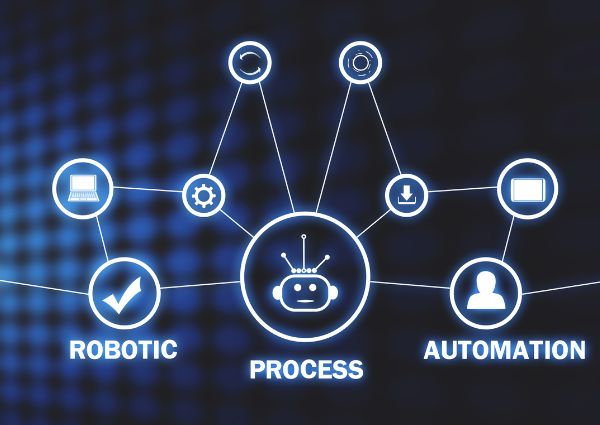
The impact of IoT on industrial automation is profound. Predictive maintenance, powered by IoT sensors, allows for preemptive identification of equipment issues, minimizing downtime and reducing maintenance costs. Supply chains become more agile and responsive through real-time tracking, leading to optimized logistics and inventory management. This contributes to scale production and thus, reduces operational costs.
On the other hand, there will be energy efficiency, this is thanks to IoT energy management, that is, IoT automation will find the optimal balance between workload and energy consumption.
Having the opportunity to automate the different tasks of the company leads to an improvement in safety of workers, since there will be less risks of sudden malfunctions in machinery. Also, the collected data will help managers to schedule preventive maintenance of the equipment and increase system uptime.
This is also useful for predictive fleet maintenance. Fleet managers can take advantage of industrial automation and IoT to improve the operational efficiency of the fleet; You can find several industrial IoT applications where the Internet of Things becomes a great ally for companies.
How does IoT automation work in smart homes?
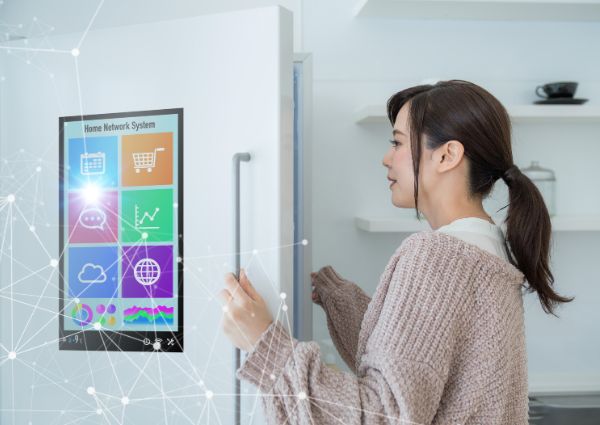
In smart homes, the collaboration between automation and IoT takes residential living to new levels of convenience and efficiency.
Smart homes leverage IoT to automate various functions. You can see that now it is more common to find smart refrigerators, smart washing machines, smart air conditioners, vacuum cleaners, smart lights, smart locks, and smart security cameras, and there are more IoT examples in real life that allow homeowners to automate several tasks.
This IoT automation works through a central hub (see IoT hub meaning). This can often be a smart speaker or a dedicated controller, which becomes the brain orchestrating the symphony of automation.
The great advantage of automation in homes is that these devices communicate with each other, sharing data and responding to predefined triggers. For example, a smart thermostat can adjust the temperature based on the occupancy detected by an IoT motion sensor, ensuring energy efficiency without sacrificing comfort.
Challenges of automation and IoT
While the integration of automation and IoT brings a lot of benefits, it also raises concerns, particularly in terms of security and privacy. The industry is responding with robust encryption and authentication measures to safeguard data and devices. However, with the increase of business models in IoT, there are several products and services that may lack the necessary security to ensure data privacy.
On the other hand, future trends suggest an even deeper integration of IoT products with artificial intelligence, playing a pivotal role in making automation more adaptive and intelligent; see more in the future of hardware.
We hope you enjoyed this article and understand better the importance of combining automation and IoT, as you could see, the industrial market gets tons of benefits from this alliance, and also, home automation is another market that will continue to grow in the future.
Are you interested in being part of this automation era with the development of your electronic product? You can hire our IoT product development consulting service, or if you need a firmware company, we are the right fit for you. Click on the link below to schedule a free consultation with our team.

